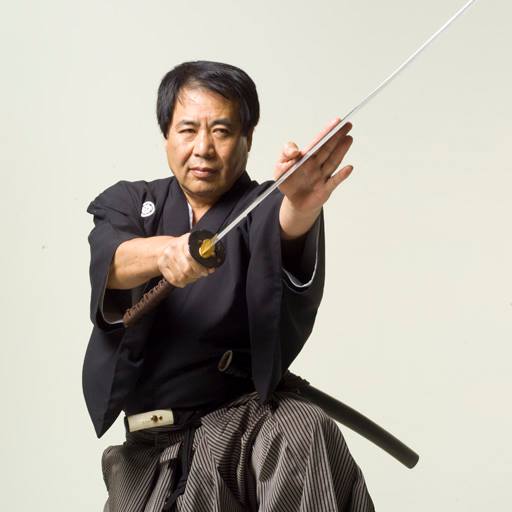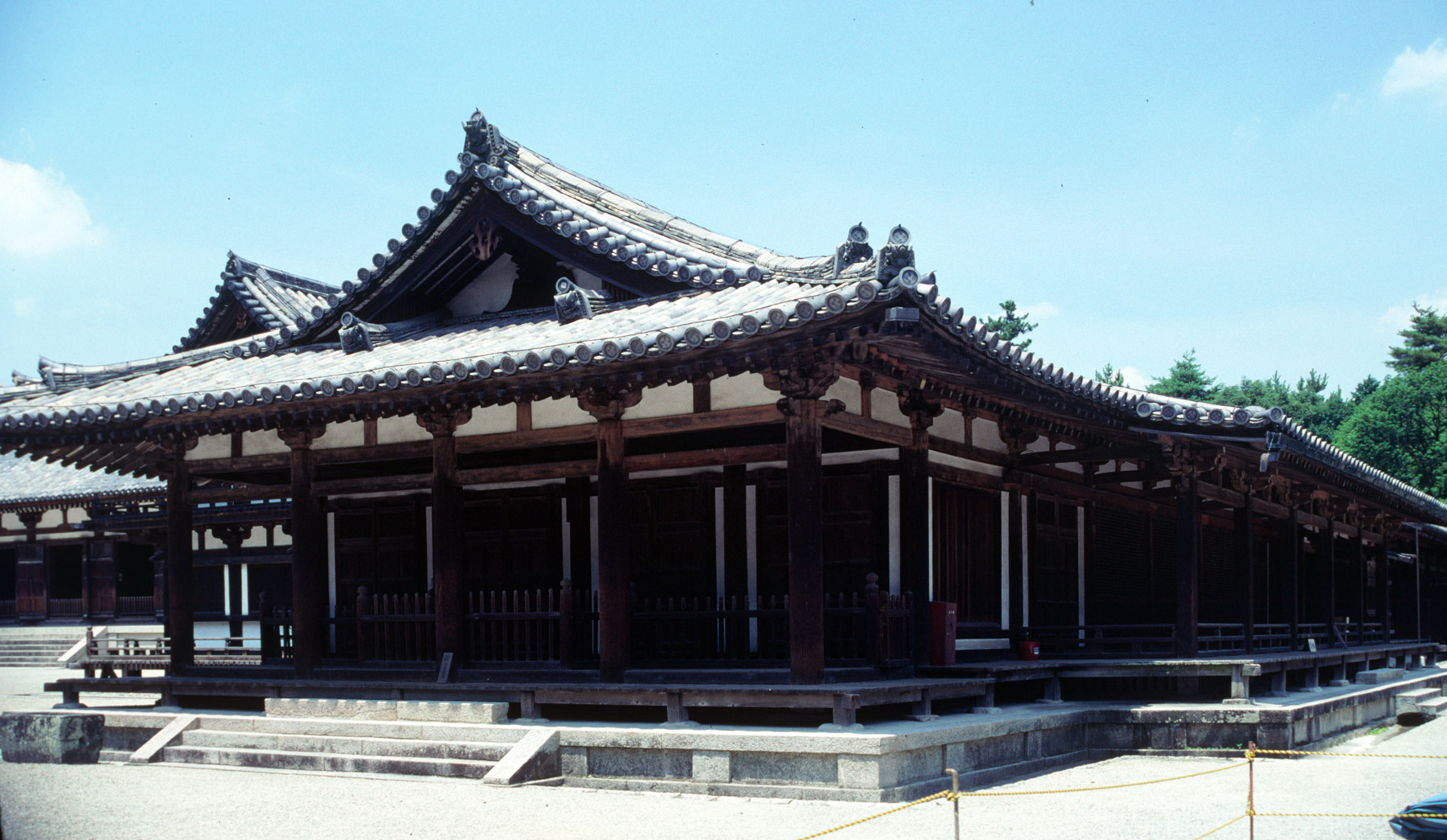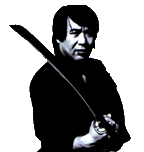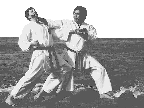 Throughout this site, as well as in all the classes we teach,
you will see and hear us using the term "budō" rather than "martial arts" for our activities and instruction.
There is a reason for this: budō and martial arts are extremely
different—almost diametrically opposed—approaches to dealing with
human conflict and protection of the innocent.
Throughout this site, as well as in all the classes we teach,
you will see and hear us using the term "budō" rather than "martial arts" for our activities and instruction.
There is a reason for this: budō and martial arts are extremely
different—almost diametrically opposed—approaches to dealing with
human conflict and protection of the innocent.
For decades, the Japanese word "budō" has been erroneously translated as "martial arts" in English.
Budō (武道) has a much different meaning in Japanese than "martial arts" has in English, so
the distinction between the two terms is an important one. The "bu" (武) in budō means to stop or prevent combat, and
the dō (道)
means "Way of Life" in an all-encompassing and deeply
philosophical context. Thus, budō is a lifestyle in which its
followers (budōka who should rightfully be called peacemakers; not "warriors") devote themselves to avoiding conflict whenever
possible, engaging in actual combat only when the opponent is the wrongful
aggressor and affords no alternative, then finishing the battle in a
manner that renders the aggressor incapable of further attacks.
Budō is not a sport! Nor
is it a method for street fights, bar room brawls, or schoolyard scuffles.
The techniques in budō are designed to kill, cripple, or permanently maim an
opponent in a life-or-death situation, and used exclusively to preserve or restore
peace.
Conversely, "martial" means "military". Martial arts are therefore military arts—arts of
war, which are as readily arts of aggression, assault, and
conquest as of defence. On the surface they may appear similar, but the
differences are more than merely semantic or philosophical. There are no
attacking technique in budō; only counter-attacking techniques,
and their success is wholely dependant upon the opponent being the aggressor.
This is why you will rarely hear or see us speaking of "martial arts" at the
Seishin-Kan, except when describing actual military arts or
referring to combative arts irrespective of their purpose. Instead, you will read and hear us
speaking of budō (the Way of Life of peacemaking) and
budōka
(peacemakers) in reference to the arts we teach. If you are looking for a place to learn how to
street fight, this isn't
it. Violence is the last resort for a budōka.
And if violence erupts, the budōka doesn't engage in it, but
instead ends it ... often permanently.
And if you are looking for a combative sport, and a
dōjō that frequently participates in karate
tournaments, this probably isn't the
dōjō for you, either. Although we occasionally participate in
combative sports for their training value, it is only a minor and infrequent
aspect of our
training.
 The
best way to keep up-to-date with Victory Dōjō events and
activities is to follow
them on Facebook.
The
best way to keep up-to-date with Victory Dōjō events and
activities is to follow
them on Facebook.

 Throughout this site, as well as in all the classes we teach,
you will see and hear us using the term "budō" rather than "martial arts" for our activities and instruction.
There is a reason for this: budō and martial arts are extremely
different—almost diametrically opposed—approaches to dealing with
human conflict and protection of the innocent.
Throughout this site, as well as in all the classes we teach,
you will see and hear us using the term "budō" rather than "martial arts" for our activities and instruction.
There is a reason for this: budō and martial arts are extremely
different—almost diametrically opposed—approaches to dealing with
human conflict and protection of the innocent. As its name suggests, the Nippon Budō Seishin-Kan focuses its activities and
instruction on Nippon budō
-- the martial arts of mainland Japan, which are also the
martial arts of the samurai. The arts currently taught
at the Seishin-Kan include:
As its name suggests, the Nippon Budō Seishin-Kan focuses its activities and
instruction on Nippon budō
-- the martial arts of mainland Japan, which are also the
martial arts of the samurai. The arts currently taught
at the Seishin-Kan include: 

 Earlier
this year the Seishin-Kan became a charter Exclusive Member of
Earlier
this year the Seishin-Kan became a charter Exclusive Member of

